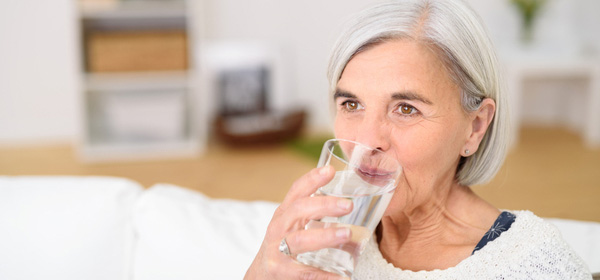When Scott turned 50, funny things started happening. Well, they weren’t actually funny. One was worrying, the other annoying.
He started getting headaches and cramps in his legs, always at night.
The headaches had him so worried that he took himself off to an ear, nose and throat specialist. There were no insights there so he went to an acupuncturist, who stuck needles in various parts of his head. No relief there, either.
He had a brain scan next. Nothing to see there – apart from the obvious.
He started to do some thinking for himself. A smart meter had been installed in his power box, which was on the other side of a timber wall directly behind his head as he lay in bed. He’d read about smart meter emissions and radiation, and wondered if it was the culprit.
Shifting the meter would cost thousands of dollars, so he did some research and put Alfoil on the back of the bed head, figuring that might deflect the emissions.
No relief. But there was about to be a light bulb moment. A chat with a sports doctor at the local football club raised the issue of hydration – how much we should drink in a day and the repercussions if we don’t, such as headaches and cramps.
Scott started drinking more water and, hey presto, the headaches and cramps disappeared within days.
Do consult your doctor if you suffer from headaches, but it’s also worth checking your fluid intake.
How much should you be drinking, especially during hot and humid summer days?
You may have heard that you need to drink eight glasses of water a day, but that depends on a range of factors including sex, weight, physical activity, diet and the climate.
A general recommendation is an intake of 35 millilitres of fluid per kilogram of bodyweight; this includes fruit juice, tea/coffee and milk as well as fluids contained in the food you eat. The Government’s betterhealth channel provides a comprehensive table of intake requirements. The key, however, is to drink often – don’t wait until you’re thirsty.
The average adult will get about 20 per cent of his/her hydration needs through foods and there is a smorgasbord of summer fruits including melons, cucumbers, stone fruits, berries and lettuce loaded with fluid – and nutrients.
Stay alert to the warning signs that you may be getting dehydrated: a dry mouth, headache and dizziness.
Also take note of the colour of your urine – a strong yellow could indicate you should be drinking more, colourless urine and you may be drinking too much – and how frequently you go to the toilet.
Do you have any advice on hydration?
Related articles:
Can you drink too much water?
The dangers of dehydration
Which is healthier: tea or coffee?

